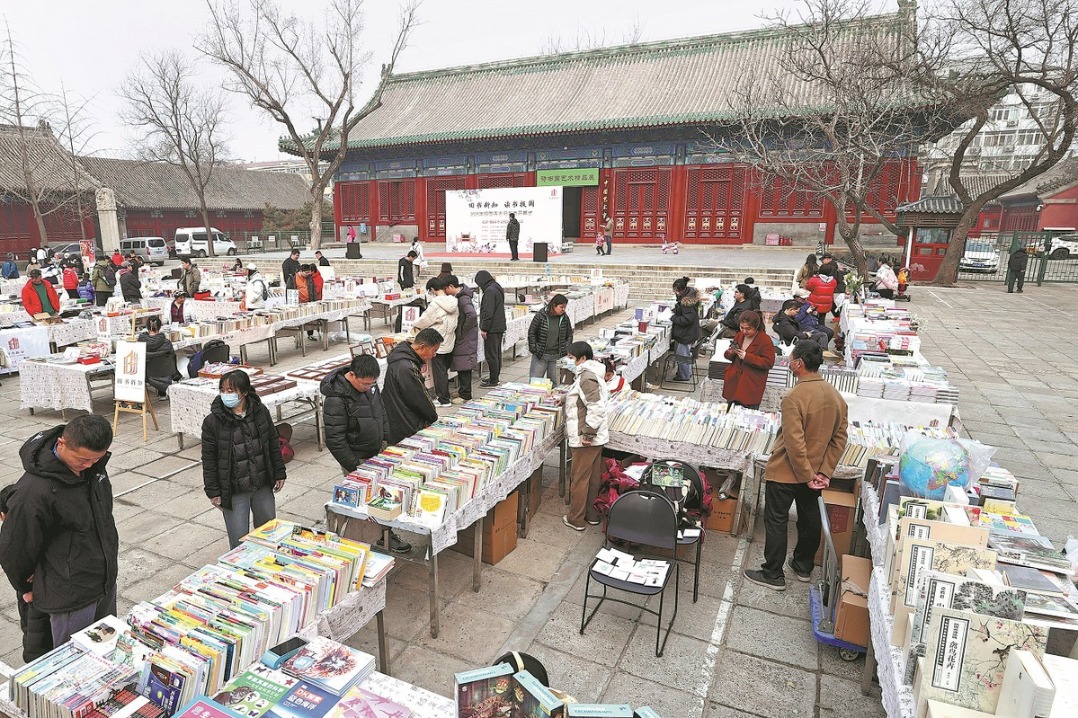Taxing times as Asia gets tough on sugar

Many countries impose measures to promote healthy living

Asian consumers with a sweet tooth are having to swallow the bitter pill of higher taxes as governments combat the rising prevalence of obesity with levies on sugar and restrictions on the marketing of products with a high sugar content.
Health experts said measures such as taxing sugar and banning advertisements for drinks with a high sugar content can curb demand, promote healthy lifestyles and push manufacturers to offer healthier options.
Vietnam is considering a sugar tax, while Malaysia became the latest Asian country to enforce one on July 1, with a 40 sen (9 cents) levy on each liter of drinks with more than 5 grams of sugar or sugar-based sweetener.
India, Thailand, Brunei and the Philippines have already imposed sugar taxes, while on Oct 10, Singapore banned ads for drinks with a highsugar content, the first country to implement such a policy.
Jacqueline Lo Ying-Ru, head of mission and the World Health Organization's representative to Malaysia, Brunei and Singapore, said these targeted interventions are necessary, if only to promote a healthier lifestyle at an early age.
"It's very important to protect children from unhealthy eating," Lo said, adding that those who were raised eating unhealthy meals are likely to maintain this habit in adulthood.
"A child's body mass index goes up significantly when he or she has sugary drinks, and it goes down when consumption of these drinks stops," Lo said, citing the direct link between obesity and non-communicable ailments such as diabetes and heart disease.
According to the Asian Development Bank Institute, or ADBI, Asia-Pacific countries have high incidences of people being overweight or obese, with two out of every five adults, or 1 billion people overall, falling into these two categories.
More alarming is the rapidly growing number of obese children. In China, for instance, a report in 2017 by Peking University's School of Public Health showed that in 2014, just over 28 percent of males and females age 7 to 18 were overweight, while nearly 16.5 percent were obese by standards adopted by the UN.
- Ma pins hopes on youth from both sides
- IP regulator enhances steps to help Chinese companies going global
- 2024 was world's warmest year on record
- New guidelines for protection and governance of rivers unveiled
- HK-based food critic, writer Chua Lam dies at 83
- Shipping sector goes greener with new energy sources





































